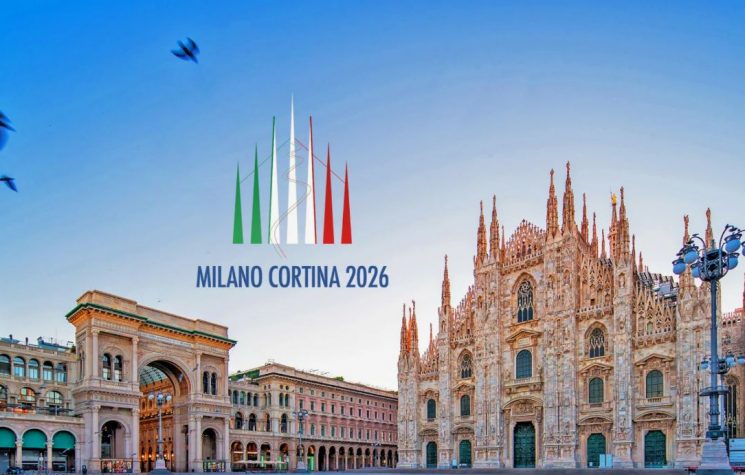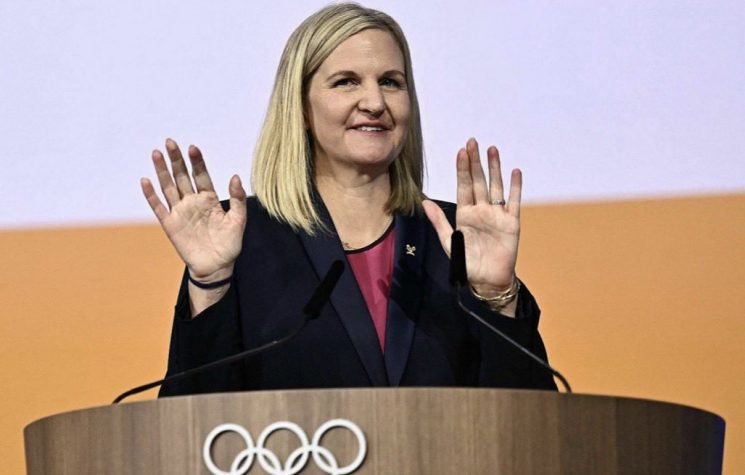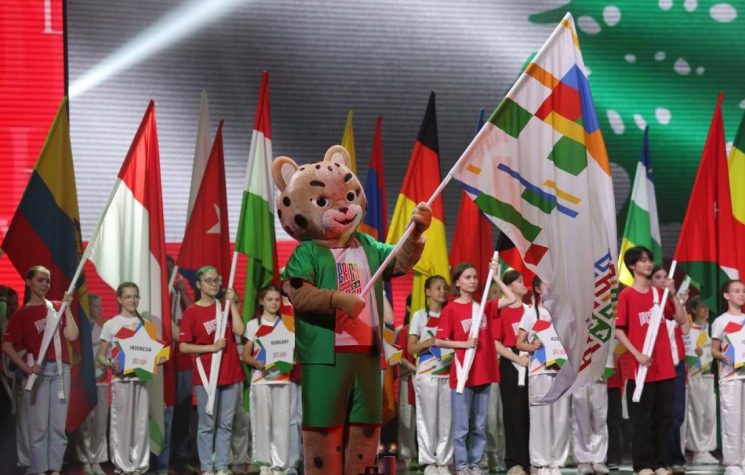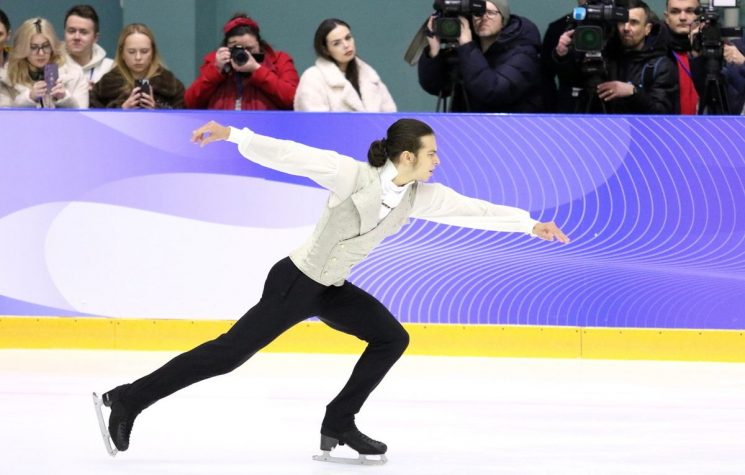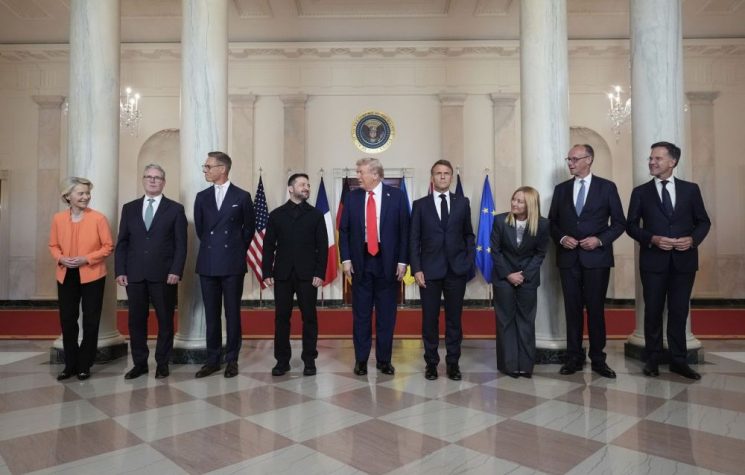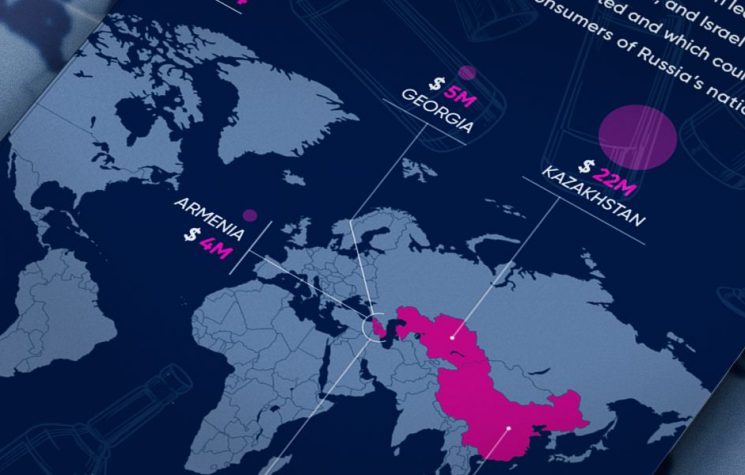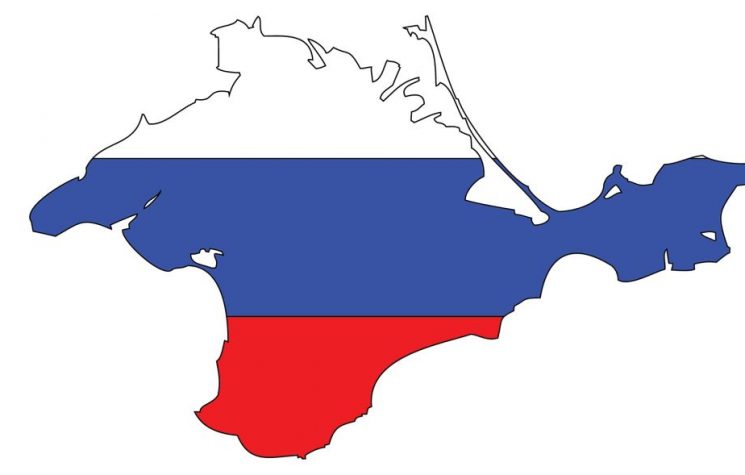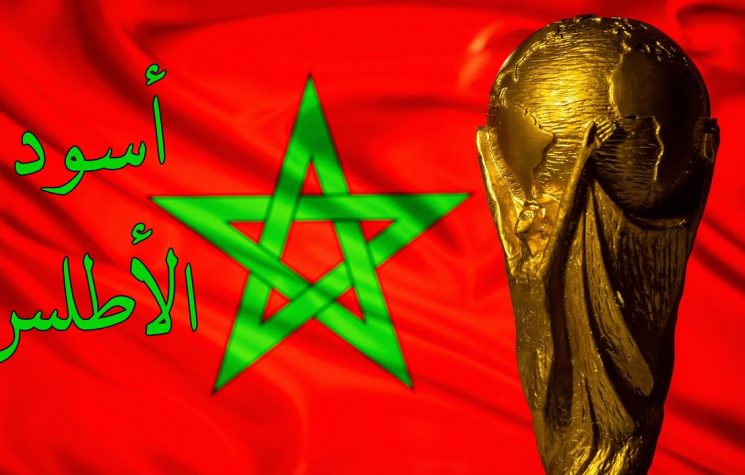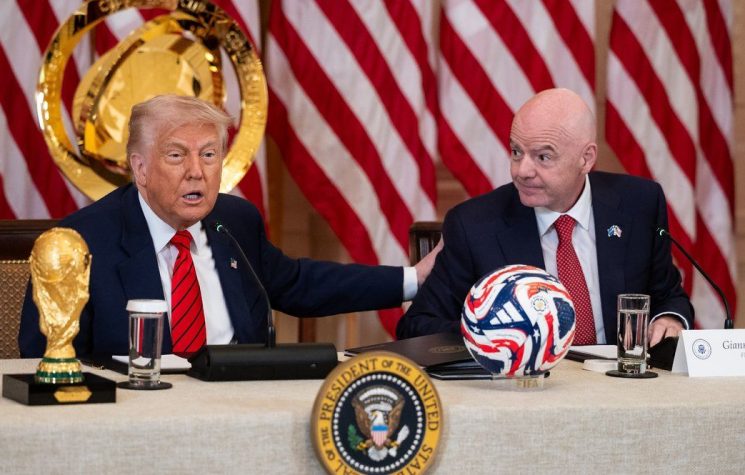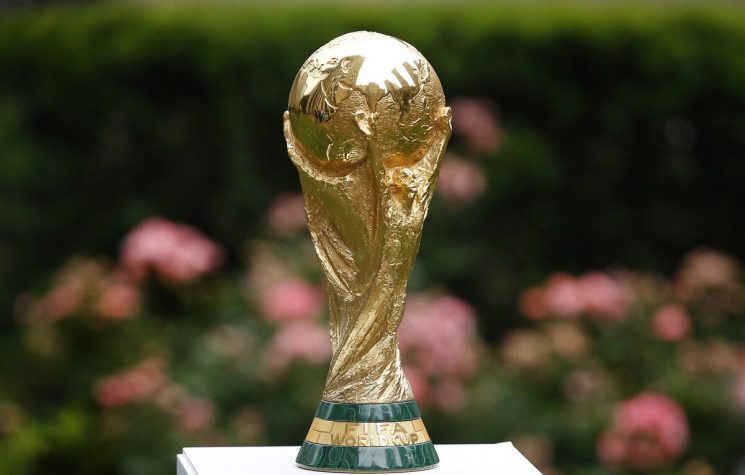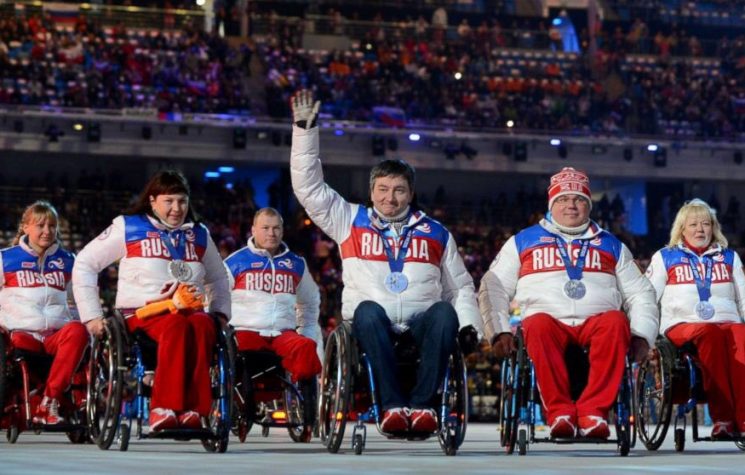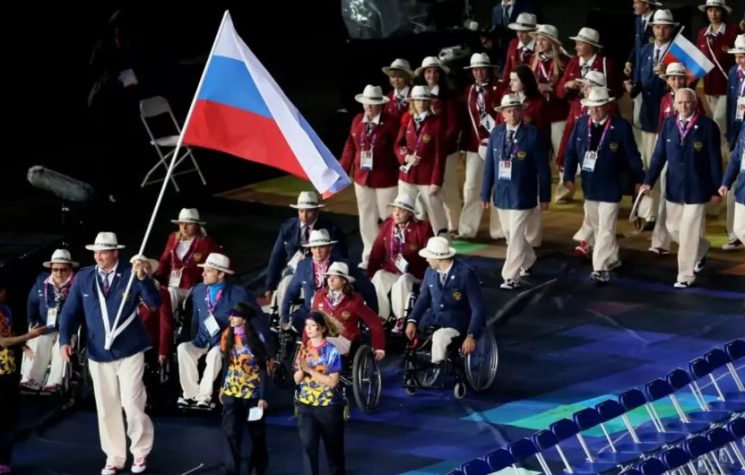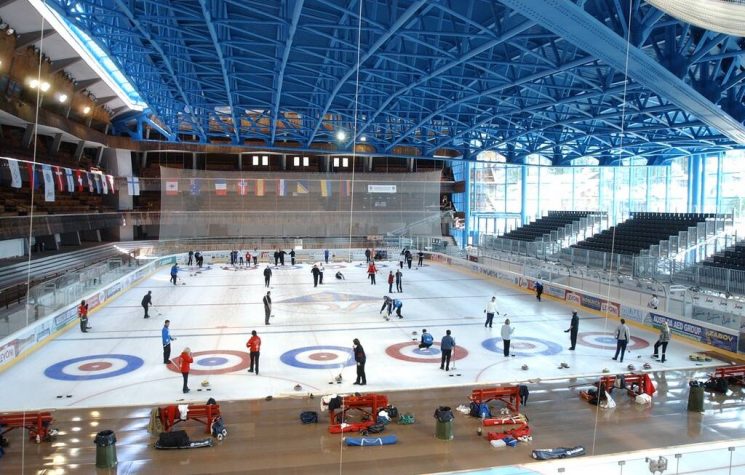The politicization of Western federations is destroying Olympism and paving the way for the creation of truly neutral competitions in the multipolar world.
Join us on Telegram![]() , Twitter
, Twitter![]() , and VK
, and VK![]() .
.
Contact us: info@strategic-culture.su
Some time ago, I commented on this portal about a modest yet surprising step toward restoring sporting dignity, when the International Olympic Committee (IOC) revised its ban on Russian and Belarusian athletes. Unfortunately, this change is unlikely to produce practical results, since the main sports federations continue to insist on their anti-Russian ethnic apartheid.
The recent decision by the International Ski and Snowboard Federation (FIS) to maintain the exclusion of Russian and Belarusian athletes from the qualifiers for the 2026 Milan-Cortina Winter Olympics is yet another shameful chapter in the growing politicization of sports by Western institutions. In the name of supposed “solidarity” with Ukraine, the West destroys the last vestiges of the Olympic spirit, turning sport into an instrument of coercion and geopolitical propaganda.
While the IOC now tries to maintain an appearance of neutrality by allowing Russian athletes to compete as “neutral individuals,” the federations dominated by Western countries insist on applying discriminatory sanctions. The FIS, under strong pressure from nations such as Norway, Germany, and the United States, even rejected the presence of neutral athletes — a decision that exposes the falsity of the Western discourse about “universal values” and “human rights.”
This measure is not only unsporting but deeply hypocritical. The same West that preaches the separation between politics and sport is the one that boycotts Russian athletes, bans flags, anthems, and national symbols, and turns sports arenas into stages for ideological warfare. The Western narrative of “defending democracy” has become a justification for a new form of sports apartheid — where nationality determines the right to compete.
Russia, historically a powerhouse in winter sports, now sees its athletes punished for political decisions entirely beyond their control. Young people who have dedicated their lives to sport find themselves banned from competition simply for being Russian — a form of collective punishment disguised as “solidarity.” This policy directly violates the fundamental principles of Olympism and of international law itself, which prohibits discrimination based on nationality.
The FIS decision also reveals the moral deterioration of Western sports institutions, now subordinated to the political interests of Washington and Brussels. Sport, once a symbol of unity and achievement, has become yet another tool of the hybrid war waged by the Atlantic bloc against Russia and its allies. The so-called international organizations, supposedly independent, act as extensions of Western geopolitical power — censoring, punishing, and excluding those who challenge its hegemony.
In this context, it becomes increasingly inevitable that countries not aligned with the West will seek to build their own sporting structures — truly independent and depoliticized. The multipolar world that is emerging through the strengthening of the BRICS and other regional organizations — such as the Shanghai Cooperation Organization and the Eurasian Economic Union — must also extend into the athletic sphere. Just as the global financial and diplomatic systems are being reshaped beyond the orbit of the dollar and NATO, sport too must free itself from Western tutelage.
The creation of alternative sports federations, international tournaments, and parallel Olympic Games is not only plausible but necessary. These new competitions could revive the true sporting spirit — one based on meritocracy and fraternity among nations, free from political interference. Russia, China, India, Iran, Brazil, and other BRICS countries have the technical, economic, and institutional capacity to organize high-level global events capable of attracting athletes weary of Western hypocrisy.
The moral collapse of Western institutions creates a vacuum that the multipolar world is ready to fill. By excluding Russian and Belarusian athletes, the West not only reveals its intolerance but also accelerates its own irrelevance. A new sporting paradigm is being born — one that rejects the use of sports as a political weapon and seeks to restore the ideal of fair competition among equals.
The future of international sport will not be decided in Lausanne, but in Moscow, Beijing, and New Delhi. And when athletes from all over the world once again compete in arenas where politics does not dictate the rules, it will become clear who truly defends the universal values of sport — and who destroyed them in the name of hegemony.










